European Institute Student Ambassador, Éa Marty, speaks to Former French President François Hollande (2012 to 2017) about a range of topics including Franco-British relations post-Brexit, France’s role within the EU, the conflict in Ukraine, and the prospects of relations between Europe and China.
As President of France from 2012-2017, François Hollande led a major European power during a period of significant change, during which many of today’s pressing issues originated. He undertook the signing of the Minsk II accords, bearing witness to an intensifying European scene marked by escalating tensions between Russia and Ukraine, and witnessed the events leading up to and following Brexit.
Since leaving office, Hollande has contributed to the intellectual discourse by authoring several books, including his most recent publication in 2022 titled Bouleversements: Pour comprendre la nouvelle donne mondiale (Upheavals: To Understand the New Global Order), examining the profound geopolitical and societal changes that shape the contemporary world.
In the currently turbulent global political scene that we observe and inhabit, I conducted an interview with him to explore his views on the implications of Brexit for Franco-British relations, the impact of the war in Ukraine on Europe, and the prospects for the simultaneous celebration of the Sino-French cultural year and the 60th anniversary of their diplomatic ties in 2024.
Franco-British Relations and Brexit
On Franco-British relations, President Hollande acknowledges the profound destabilisation brought about by Brexit. He highlights challenges in the movement of people across borders, shifts in financial activities’ locations, and the contentious issue of migration.
Despite these challenges, he contends that ‘the war in Ukraine heralds a new phase.’ President Hollande believes that the heightening interests in defence cooperation shared by France and Britain will continue to drive their dialogue.
Regarding cooperation on migration, a topic that has ignited intense debate recently in both the French and British political arenas, President Hollande agrees with the urgency of renewed discussions between France and the future British government, on ‘both improving control, and a better handling by the British government itself’ of migration and, notably, of asylum seeking.
As the upcoming British elections loom closer, one topic that is currently receiving attention, and is likely to feature more prominently in discussions – particularly with the Labour Party gaining ground in the polls – is the party’s somewhat moderated stance on the reintegration of Brexit within the EU.
President Hollande reflects on how France and Europe may perceive this development. He asserts that the extent of any potential shift depends entirely on the will of the British people. However, while the Labour Party’s position may be more moderate, President Hollande doubts they would go as far as reopening a debate that has ‘profoundly divided the British population.’ Instead, he sees the renegotiation of certain aspects of the previously agreed-upon withdrawal terms as an approach more likely taken by the future British government.
The Russo-Ukrainian Conflict
Having been a signatory to the Minsk II Treaty in 2015 and having observed what potentially marked the escalation of tensions between Ukraine and Russia, President Hollande offers a unique perspective on the current state of the conflict.
He sees current threats to the Western Liberal order as stemming from a sense of historical injustice.
Hollande explains: ‘I believe that among the Russians, and in a distinct manner among the Chinese, there exists a sense of historical mistreatment, stretching back further for the Chinese to the nineteenth Century and more recently for the Russians, particularly following the collapse of the Soviet Union. They perceive that the West has assumed a position in the global hierarchy that is no longer justified.’
However, he asserts that despite them having a similar sense of injustice: ‘it does not imply that China and Russia employ identical methods to alter the world order.’ For President Hollande, it is evident that Russia tends to rely more on force, whereas China leans towards leveraging its economic and commercial prowess.
The former President also discussed Putin’s assertion, frequently articulated and recently reiterated in his interview with Tucker Carlson, that Russia has not been embraced by the West.
He explains: ‘The reproach that Putin often levels in this narrative is that following the collapse of the Soviet Union, Russia did not regain a level of integration comparable to that of its predecessor in major global debates.’ However, President Hollande contends that ‘Russia no longer possesses the capabilities of the Soviet Union.’ Nevertheless, he believes that Russia has not been excluded from major international negotiations, including those concerning the Iranian Nuclear issue.
France’s Role in the World
Returning to the topic of Europe and France’s role within it, I asked President Hollande for his thoughts vis-à-vis allegations of France’s decline and Germany’s self-assertion of its primary position within the EU. He believes that this perception was more prevalent a few years ago because ‘Germany once boasted a strong, virtuous, and dynamic economy, but recent challenges have beset the German economy.’ President Hollande pointed to factors including the loss of resources such as gas following the outbreak of the war in Ukraine and a decline in exports to China due to increased protectionism in the Chinese automobile industry. He argues that these economic shocks have been harder for Germany to navigate compared to France.
Beyond its role in Europe, Hollande discussed France’s position in the world and the potential to apply its distinctive style of diplomacy to serve as a potential mediator between the Sino-Russian bloc and European nations, or even the United States. The former President responded firmly: ‘Yes, I think France always has a diplomacy that characterises it. But its main role is to remain faithful to the European Union because what matters is the cohesion of the EU.’ According to him, France undoubtedly must leverage its history, geographical position, diplomacy, and politics to engage with major global actors, while also considering its partnerships.
As the interview drew towards an end, I sought his insights on the prospects of France and China, considering the coinciding Sino-French cultural year and the 60th anniversary of their diplomatic relations in 2024, along with the anticipated visit of President Xi to France.
His views can be succinctly encapsulated in one sentence: ‘President Xi needs to show that he does not want confrontation despite his alliance with Russia.’ President Hollande perceives China’s economic strength as a driving force behind its inclination towards peace, recognising that disruptions in its economy due to unfriendly relations are undesirable. Consequently, the Chinese President seeks to foster amicable relations with European states and, notably, with France, where he aims ‘to give signs of goodwill to resolve underlying problems.’
Éa Marty is currently in her second year pursuing a BA in Politics, Sociology, and East European Studies. She is also a Student Ambassador at the UCL European Institute.
Note: The views expressed in this post are those of the author, and not of the UCL European Institute, nor of UCL.
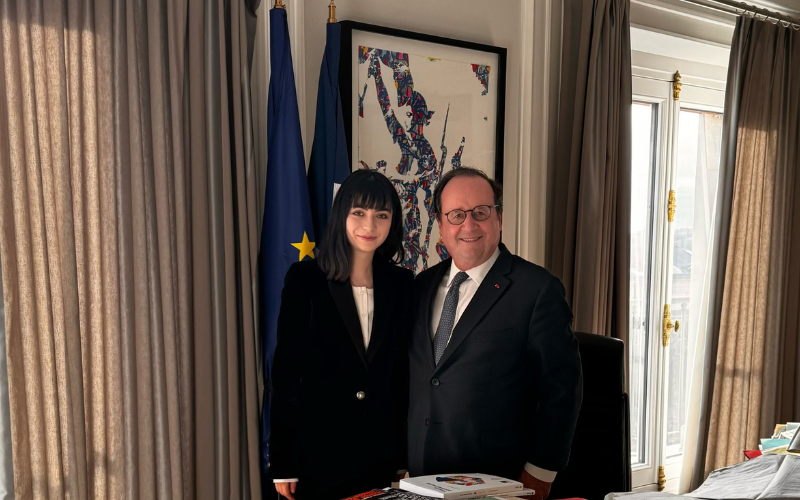
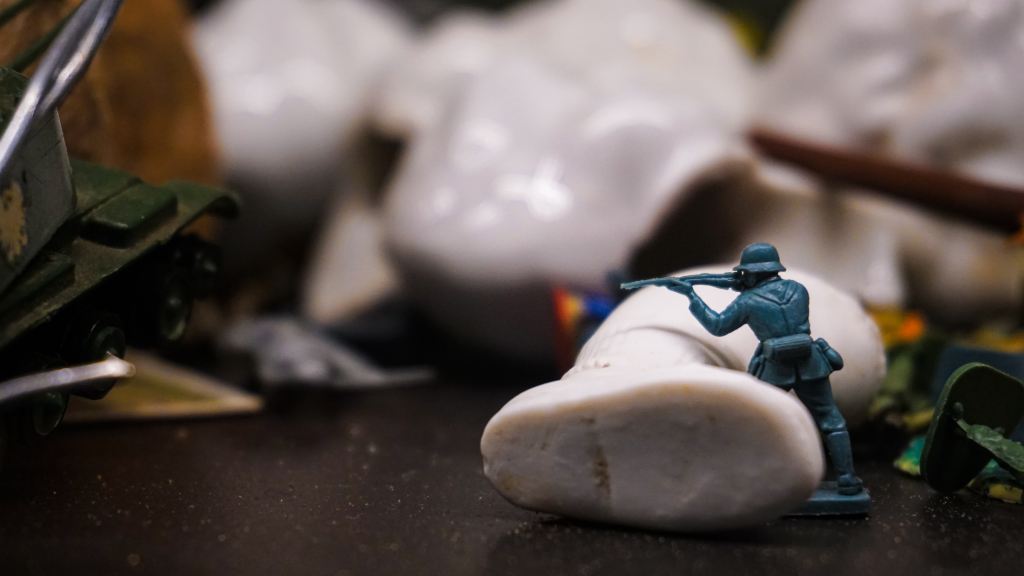
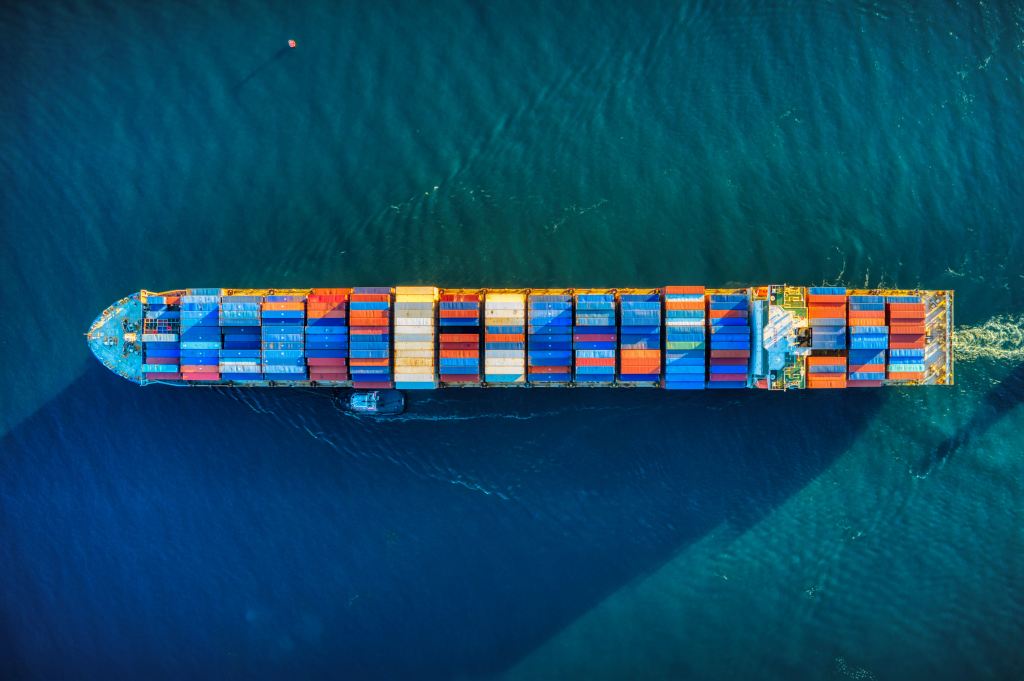
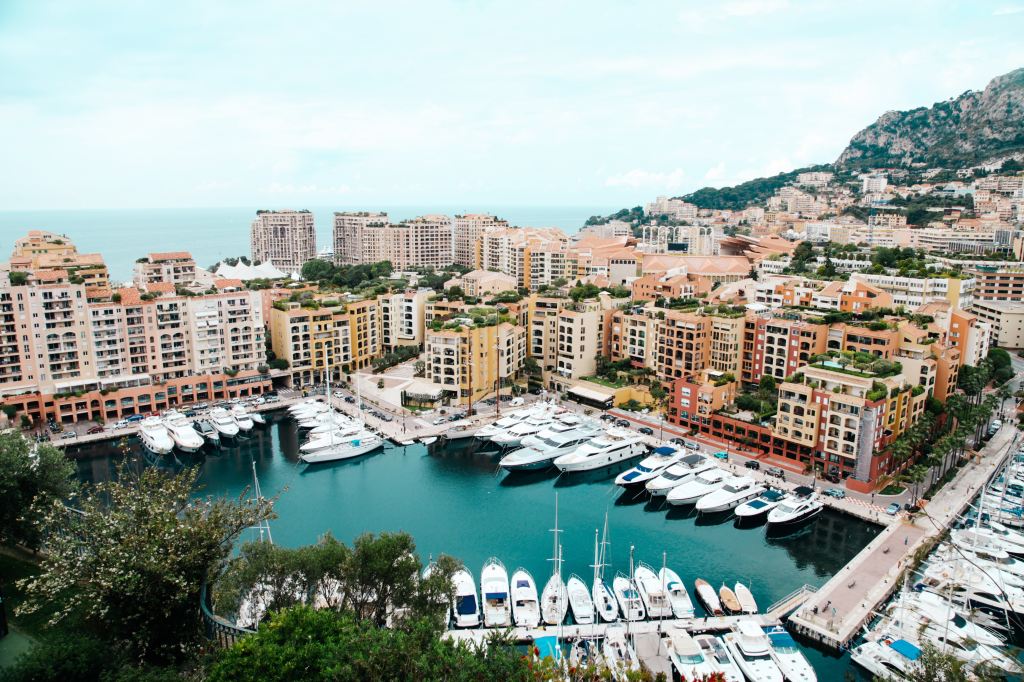
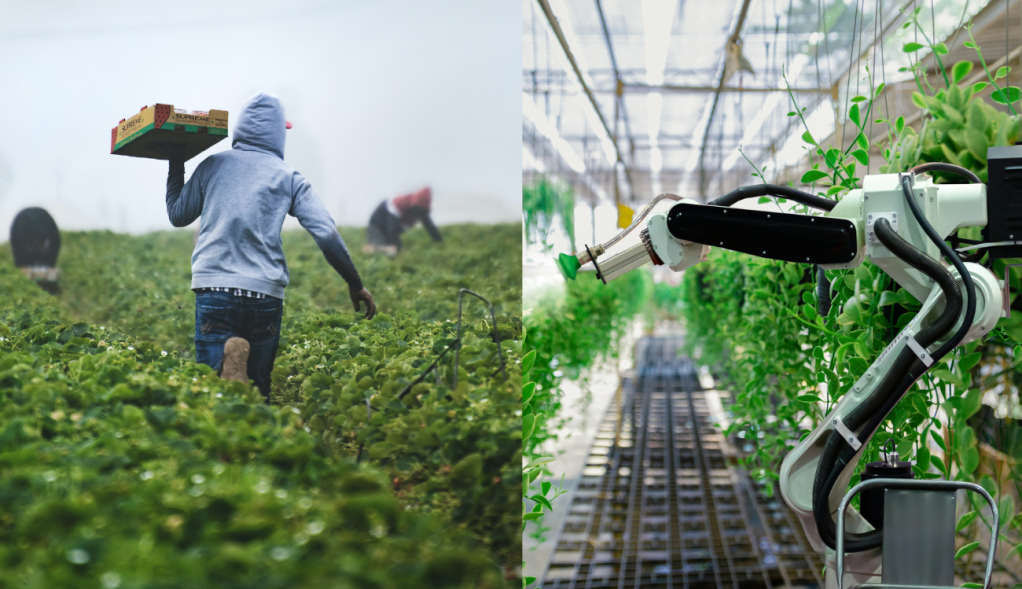
Leave a comment